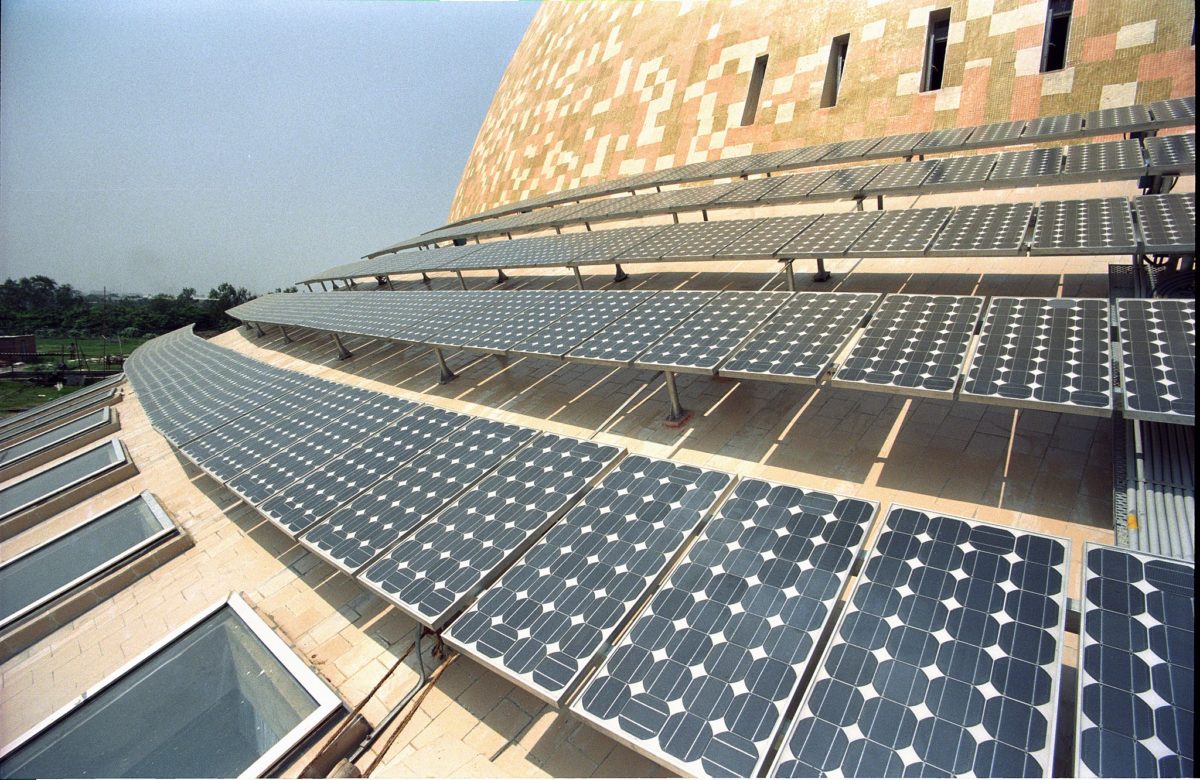India has added 780 MW of non-commercial grid connected rooftop PV capacity in the last two years to pass the 1.7 GW mark for the segment, according to a reply tabled by minister for new and renewable energy R K Singh in the upper house of parliament yesterday.
“As on July 18, 2019, 1,700.54 MW of grid connected rooftop systems have been reported as installed in the country,” the minister said. “Under phase I of [the] Rooftop Solar Program which was approved by the government in December 2015, an aggregate capacity of 2,100 MW was targeted to be achieved in [the] residential, institutional, solar and government [sectors] through financial assistance, by 2019-20.”
Gujarat reportedly tops the state ranking for non-commercial solar rooftops with 261.97 MW of installed generation capacity, followed by Maharashtra (with 198.52 MW) and Tamil Nadu (151.62 MW).
Under the national Grid Connected Rooftop Solar Program – which offers financial assistance and incentives – the government doled out Rs.446.77 crore ($67 million) in the last fiscal year. The fund had paid out Rs.169.73 crore in 2017-18 – less than a third of the Rs.678.01 crore provided in the previous 12-month period. India aims to instal 40 GW of rooftop solar projects by 2022.
Renewables share
Answering a question in the lower house of parliament, the minister said total non-hydro renewable energy power generation during the first quarter – to June 30 – was 35,525 million units (MU) compared with 287,690.9 MU from thermal generation, 10,971.43 MU from nuclear and 39,548.8 MU from hydro.
Under the National Electricity Plan 2018, coal power generation is set to supply 64% of the nation’s electricity by the end of 2021-22 with that figure set to fall to 58% by the end of 2026-27.
The government fell short of its promise to provide on-demand electricity for all with a shortfall of 1,563 MU against total demand of 347,771 MU during the first quarter.
This content is protected by copyright and may not be reused. If you want to cooperate with us and would like to reuse some of our content, please contact: editors@pv-magazine.com.








i solemnly believe that education of the people in the benefits of solar energy as a renewable source with its multiple benefits coupled now with storage using lithium Phosphate that their should therefore be no doubts
in its viability
being an accredited training provider in electrical engineering with total focus on solar and renewable energy